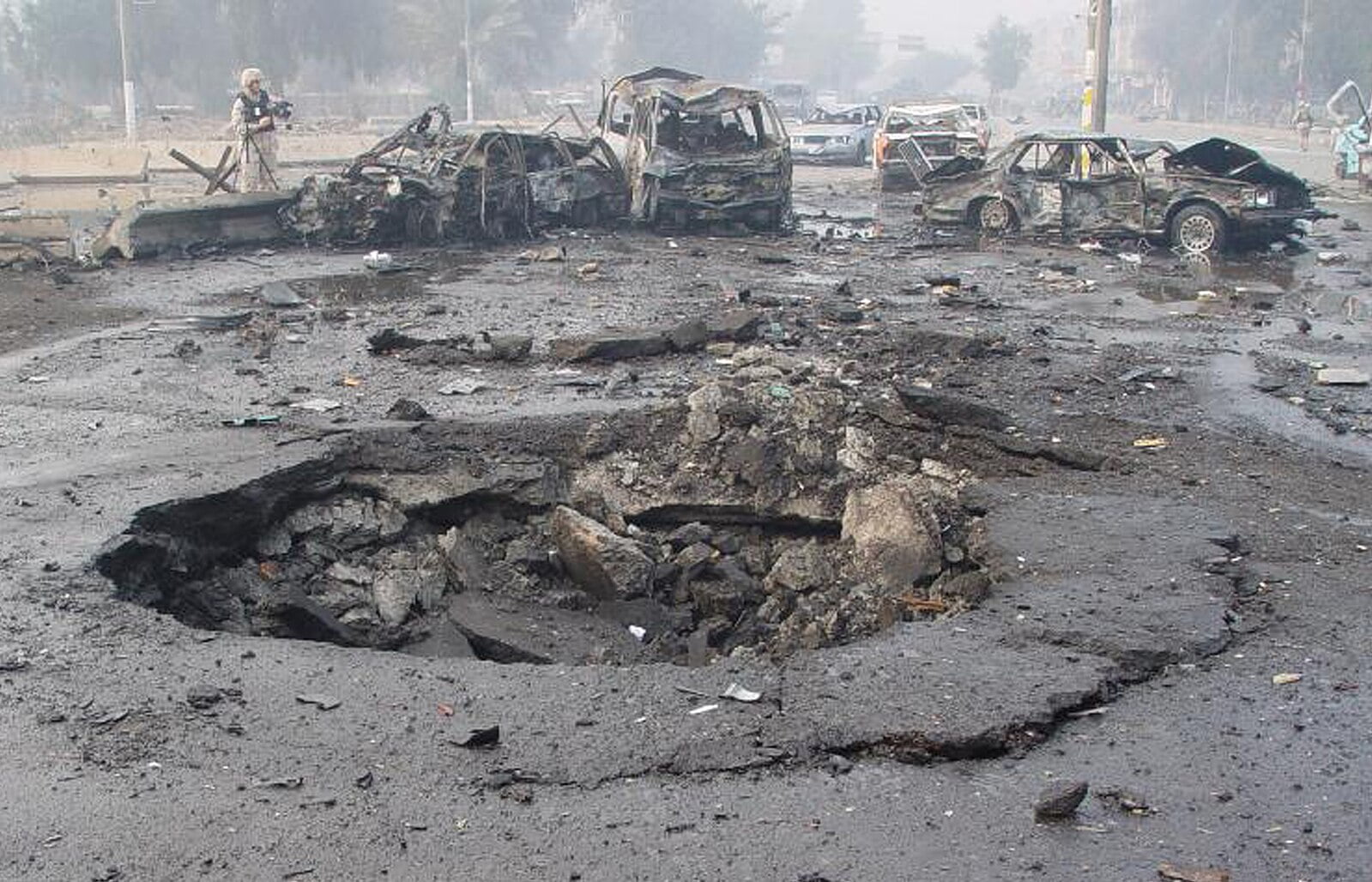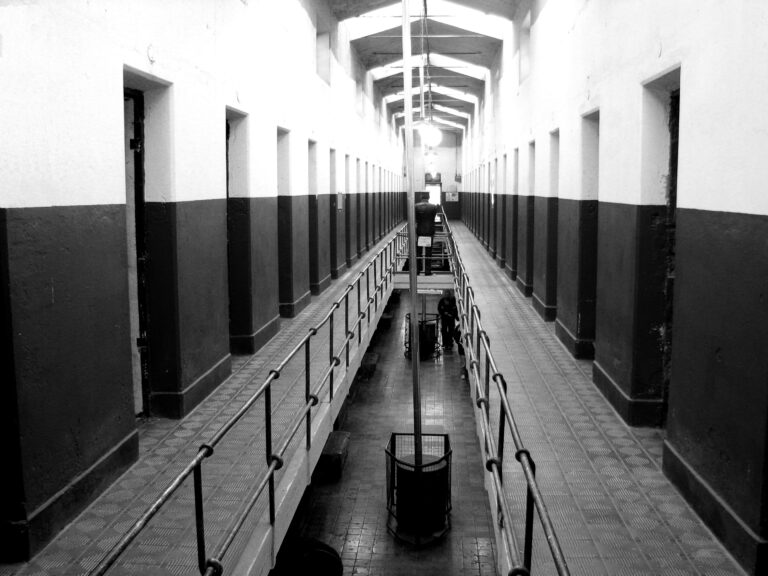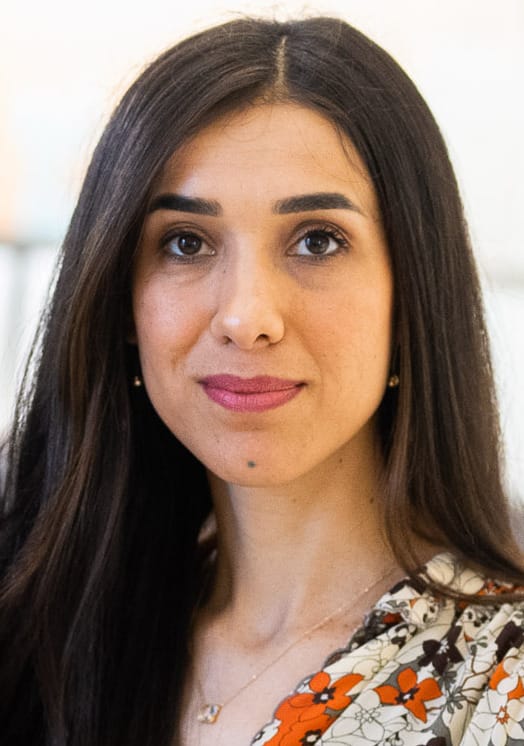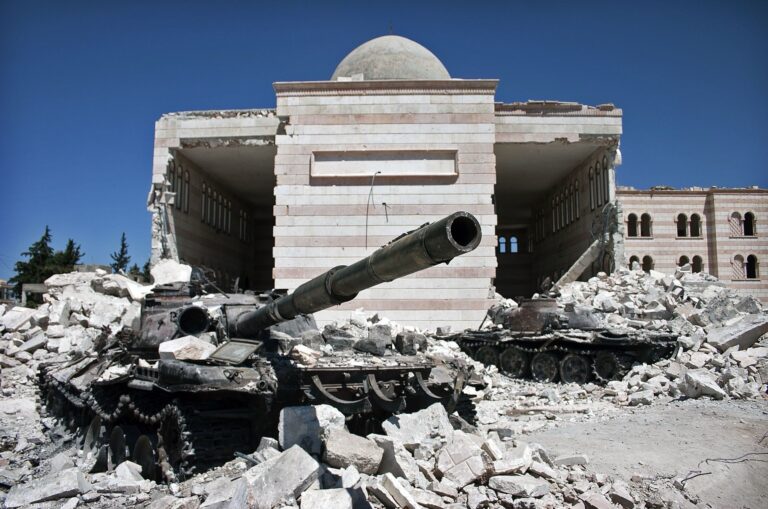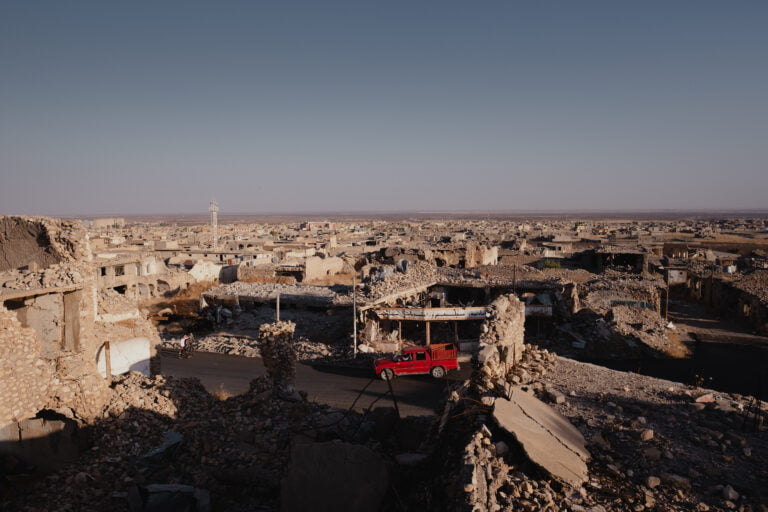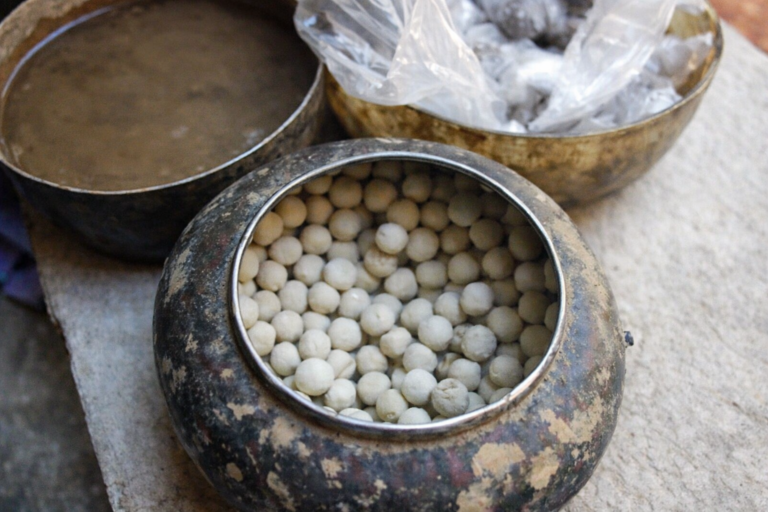Even though seventeen years have passed since the explosions in the Ezidi district of Al-Qahtaniyah, west of Nineveh governorate, Ezidi people who are currently living in IDP camps still remember August 14, 2007, as the day when their region experienced the deadliest series of bombings in Iraq since the 2003 U.S. invasion.
According to the Al Jazeera news channel, on that day, Al-Qahtaniyah and the Al-Jazirah villages, located about 62 miles (100 km) west of Mosul, were hit by four vehicles laden with two tons of explosives targeting the Ezidi communities. The coordinated attacks resulted in up to 796 deaths and 1,562 injuries. The explosions were carried out using a fuel tanker and three trucks packed with explosives, with two suicide truck bombs in Al-Qahtaniyah and two more in Al-Jazirah.
Furthermore, The New York Times reported that the Iraqi Red Crescent Society estimated over 500 people were killed and 1,500 injured as a result of truck bombings near the Syrian border one week earlier.
All four explosions occurred around 8 PM, causing extensive damage to the predominantly mud-brick houses, many of which were destroyed or severely damaged. An official from the Iraqi Interior Ministry reported that two tons of explosives were used, leading to numerous casualties as villagers were trapped under the rubble of their homes.
Nearby hospitals in Al-Baaj were overwhelmed by the influx of injured individuals, prompting an urgent appeal for water, food, and medical supplies. Many people were feared to be trapped under the debris in Al-Jazirah as well. In response, the U.S. military deployed troops to help evacuate the wounded and used heavy equipment to clear the debris.
As a result of the massive explosions, buildings were flattened, burying families alive. Despite rescue attempts, survivors trapped under the rubble were left to die due to a lack of resources. The enormous influx of patients and the shortage of medicine made it impossible to effectively treat the wounded in hospitals.
This article is written by Salman Ibrahim, a graduate of the Department of English Language at the University of Zakho. Salman is currently the Center Manager at the Inhalation of Hope Organization. Read Salman’s latest article about hate speech against the Ezidis.
